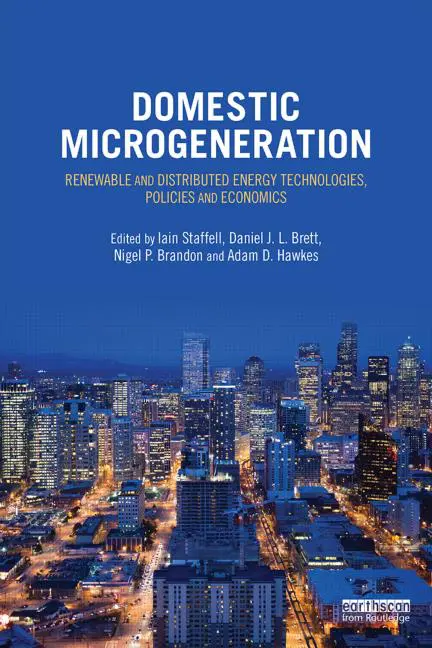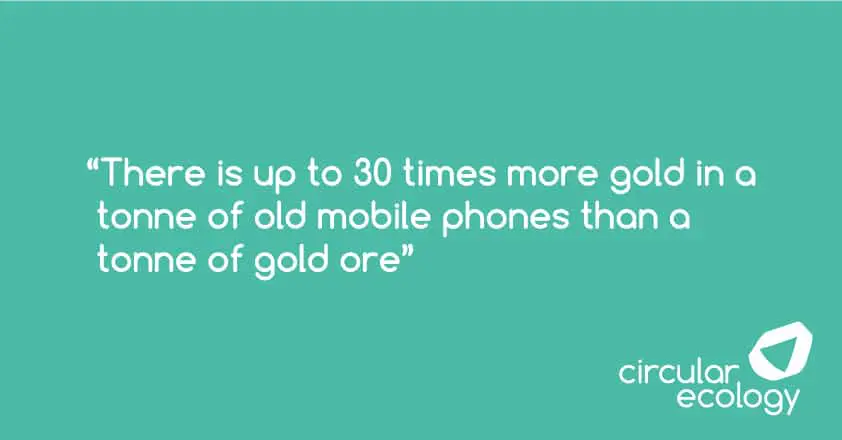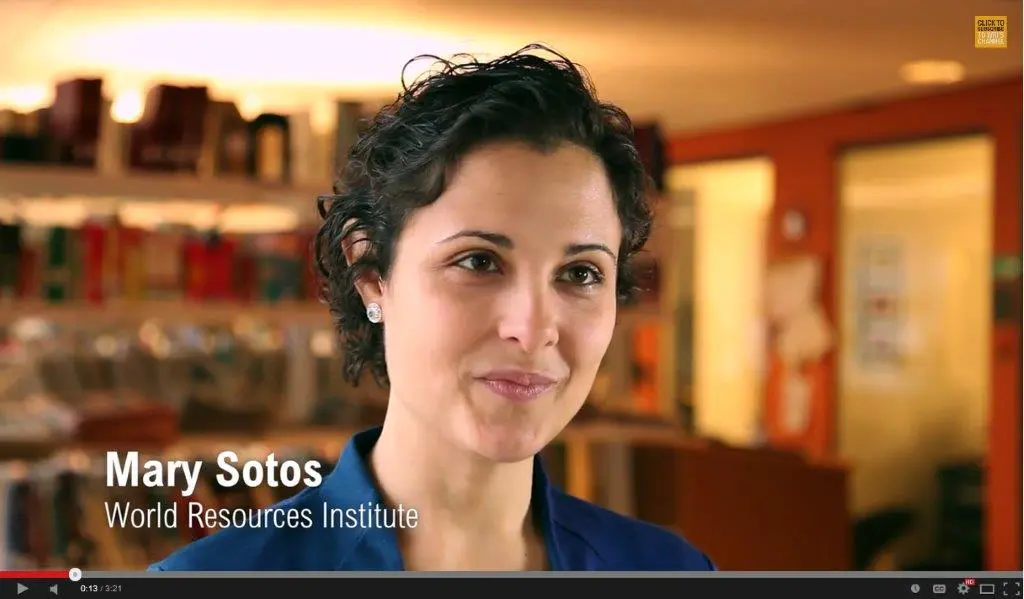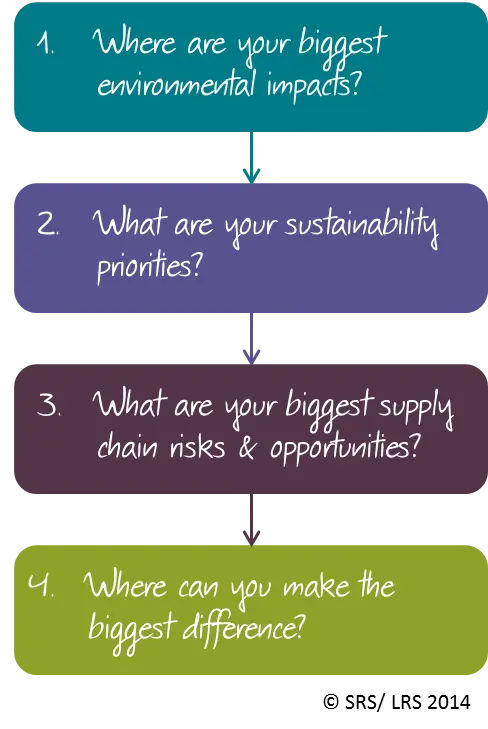Circular Ecology’s Craig Jones was interviewed for Sustainable Lens, by Professor Samuel Mann, which is now available to listen to online. Prof. Mann is a geographer working in computing and who has taught and researched at Otago Polytechnic in New Zealand since 1997, including five years as Head of Department. Sam has published over 150 conference and journal papers […]
Category Archives: Carbon Footprint
There comes a time in the life of every building where extensive refurbishment is required. For many a building this seems to bring with it thoughts of starting again – essentially to demolish and ‘rebuild’. The normal practice in modern times seems to be the preference to demolish and replace. Whereas conservationists naturally prefer to […]
Following our previous Clothing Sector Business Leaders’ workshop for senior industry executives, which Circular Ecology and consortium partners delivered in October 2014, we held a successful follow-up event in May 2015. This session, which was kindly hosted by M&S at their London offices, was attended by ten of the UK’s leading clothing brands and retailers and cast […]
Taylor & Francis is due to publish a new book on Domestic Microgeneration on 16 June 2015, containing a chapter co-authored by Dr Stephen Allen of Circular Ecology. Microgeneration – producing energy for the home, in the home – can provide a substantial improvement over the current centralised and detached energy model employed the world […]
Circular Ecology were invited to be one of the expert panellists at Hewlett Packard and Globescan’s second Living Exchange conference. Dr Craig Jones, of Circular Ecology, was a panel member in the session “Driving Progress on Sustainable Technology”. The panel session was conducted online with the chair asking a series of questions for the panellists […]
On Saturday 21 March Dr Stephen Allen of Circular Ecology is giving a talk on the embodied carbon of building materials to the annual conference of the National Society of Master Thatchers. Steve will give an overview of carbon footprinting and what it can be used for, and illustrate this through the results of an […]
In 1997 the Kyoto Protocol was born. It was the first international agreement of its kind, a revelation that would stabilise greenhouse gas concentrations in the climate to “prevent dangerous anthropogenic interference with the climate system”. Flash floods, rising sea levels, record droughts and extreme weather would all to be resigned to the books of […]
The Greenhouse Gas (GHG) Protocol has launched new guidance for organisations to measure emissions from purchased electricity, which typically forms the majority of a company’s Scope 2 emissions. This is the first major update to the GHG Protocol’s Corporate Standard, one of the world’s most widely used standards for organisational carbon footprinting. The new Scope […]
On Thursday 22 January, Net Impact Bristol is hosting a screening of the film “Cowspiracy: The Sustainability Secret”, a documentary about the environmental footprint of farming and food. Following the film, Dr Stephen Allen of Circular Ecology will sit on a panel to discuss the film with the audience, and the practical ways in which […]
Blog by Dr Stephen Allen, Circular Ecology and Elanor Swan, LRS Consultancy We recently spent a fascinating morning at the RSA with a group of business leaders from the clothing industry talking about creating sustainable clothing supply chains. Our discussions showed that, whilst the industry is taking action to become more sustainable, levels of progress […]










